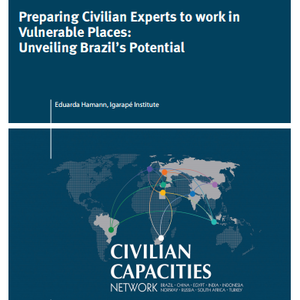
Preparing Civilian Experts to work in Vulnerable Places
This brief examines Brazil’s potential for preparing civilian experts to work in unstable contexts.

This brief examines Brazil’s potential for preparing civilian experts to work in unstable contexts.
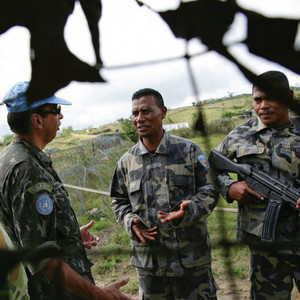
This Strategic Note identifies key thematic features of Brazil’s long history of United Nations operations, from the first one, in 1947, through present-day operations around the world.
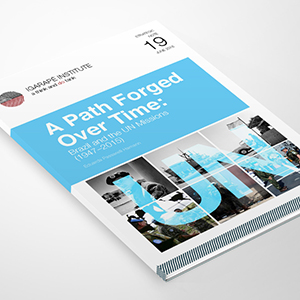
This Strategic Note seeks to identify key thematic elements in Brazil’s long history of peacekeeping missions, from the first such effort in 1947 through present-day operations around the world.
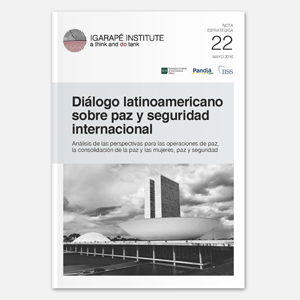
Igarapé Institute assembled governments and civil society groups from across Latin America to identify priorities and capacities to deliver on the evolving international peace and security agenda.
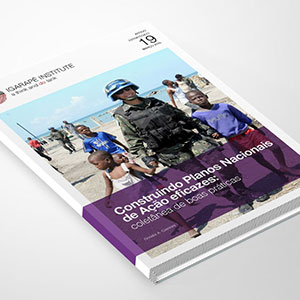
To contribute to Brazil’s National Action Plan (PNA), the Igarapé Institute releases this Strategic Article highlighting lessons learned by countries that have previously developed national plans of this kind.
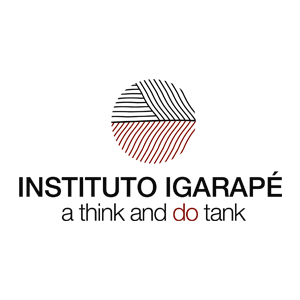
Brazil would do well to support a comprehensive approach to stability and reconstruction in Syria as advocated by the so-called Vienna Process since October 2015.
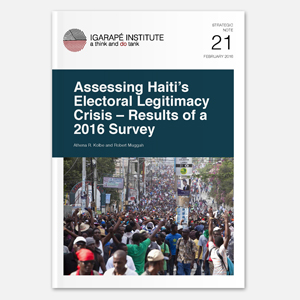
This Strategic Note presents the results of a national survey of 1,766 Haitian adults conducted in January, 2016; they were asked about their participation in voting, barriers to participating in the voting process, their choice for president, and about related subjects.
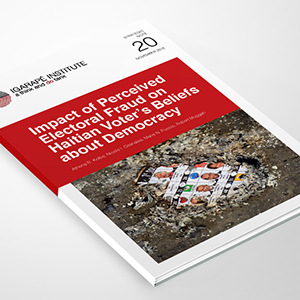
An Igarapé Institute research team administered household surveys in 135 polling stations before and after the election to assess attitudes about the electoral process; this publication gathers it’s results.
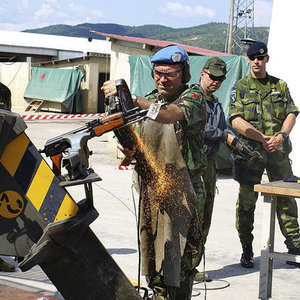
The disarmament, demobilization, and reintegration (DDR) of former combatants is a mainstay of the contemporary post-war peace agenda
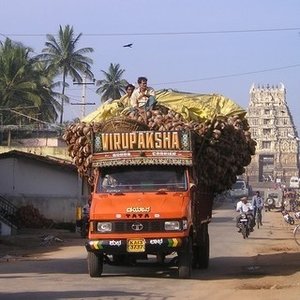
India has reached the second largest number of homicides in the world, which policies should be applied in order to reverse these statistics?
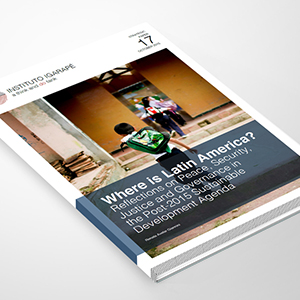
This Strategic Paper studies the contradiction between high levels of violence in Latin America and the low priority given to achieve Susteinable Development Objective 16.
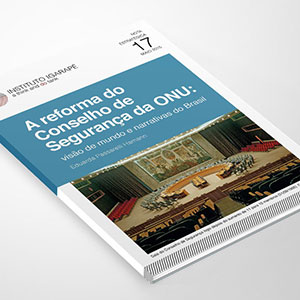
[In Portuguese] 2015 marks United Nations 70th birthday. With this, the existing debates about the adequacy of UN system to 21st century reality and needs gain strength.
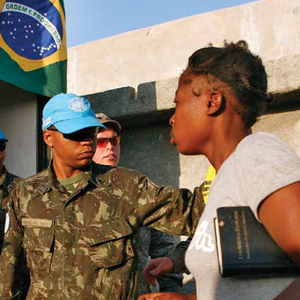
This briefing examines Brazil’s position on the inclusion of peace within the post-2015 development agenda and also engages with some of the arguments that Brazil has made to date.
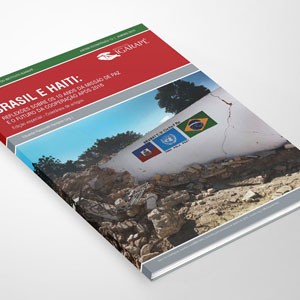
[In Portuguese] Collection of articles on the main challenges and development opportunities in Haiti.
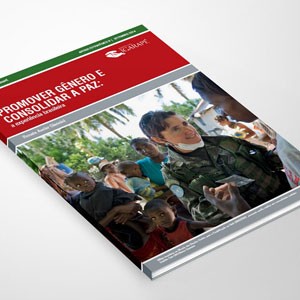
[In Portuguese] This article explores Brazil’s advances and shortcomings in protection activities and technical cooperation projects focused on preventing sexual violence.
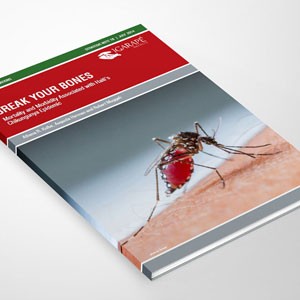
Discovered in Tanzania and diagnosed in America for the first time in december 2013, the Chikungunya virus has been spreading more and more quickly in Haiti.
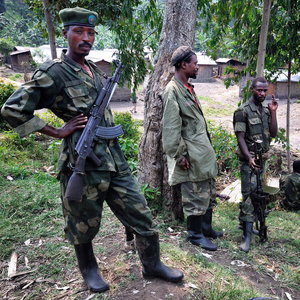
An interactive, web-based visualization that captures interlocking networks related to the M23 rebel group in the Democratic Republic of the Congo.
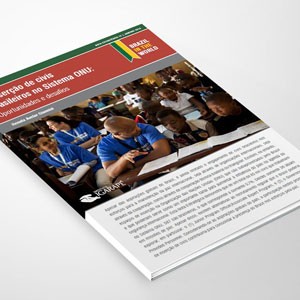
(In Portuguese) SN-12: This strategic note considers the state of Brazilian engagement with the UN peace
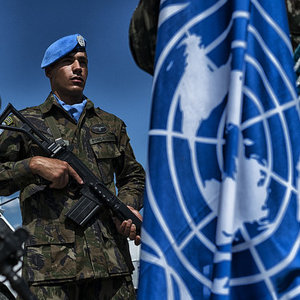
[In portuguese] This paper analyzes the opportunities for greater participation of Brazilian police officers in United Nations peace operations.
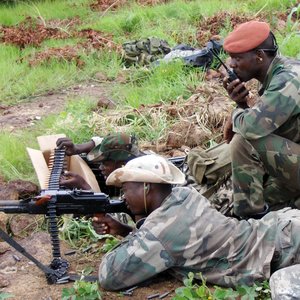
Small arms and light weapons availability should be re-evaluated as a complex social phenomenon involving dynamic supply and demand dimensions. This article debates this subject.
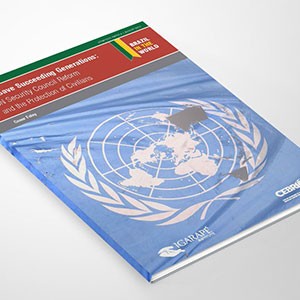
This Strategic Paper was written as a contribution to the debate about UN reform with specific reference to the protection of civilians by peacekeeping missions under international law.
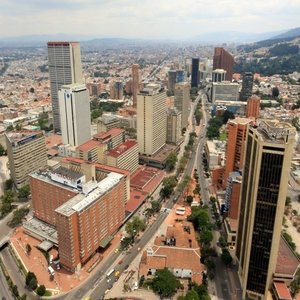
This edited volume provides a critical overview of the new stabilization agenda in international relations.
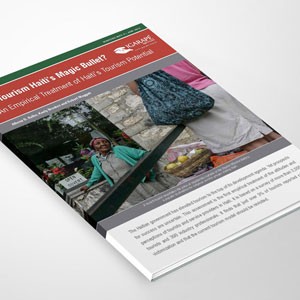
Tourism is consider fundamental for Haiti’s economy reconstruction, which may seem a paradox in a poor and prone to disasters country.
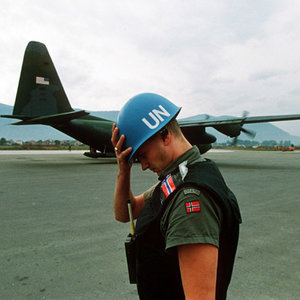
A note about how peacekeeping operations contribute to the durability of negative and positive peace and how it shapes organized violence.
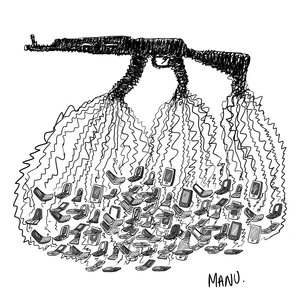
Igarapé Institute releases new report with IPI and USAID on using information communication technologies to prevent violence in Latin America.
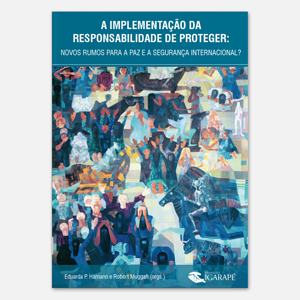
[In Portuguese] 12 papers on Responsibility to Protect (R2P) and the Responsibility While Protecting (RwP).
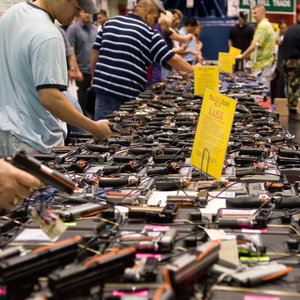
This new study estimates the volume and value of arms trafficking from the United States to Mexico.
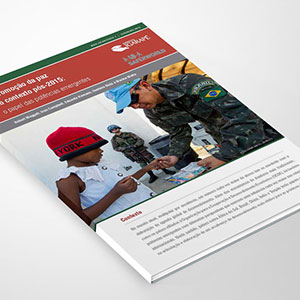
[In Portuguese] In today’s world, quintessentially multipolar, more and more actors are involving themselves in the elaboration of the global development agenda.
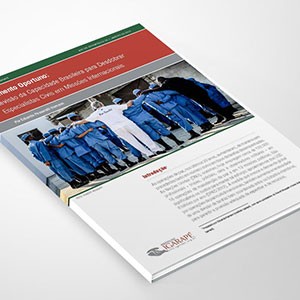
[In Portuguese] A report about the brazilian hability to use their specialists in international missions.
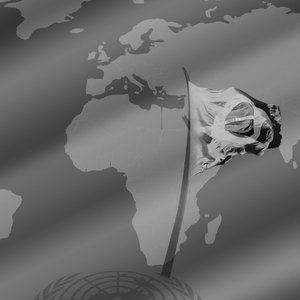
[In Portuguese] Article about new opportunities for Brazil internacional insertion in pos-conflict contexts.

O Instituto Igarapé utiliza cookies e outras tecnologias semelhantes para melhorar a sua experiência, de acordo com a nossa Política de Privacidade e nossos Termos de Uso e, ao continuar navegando, você concorda com essas condições.

